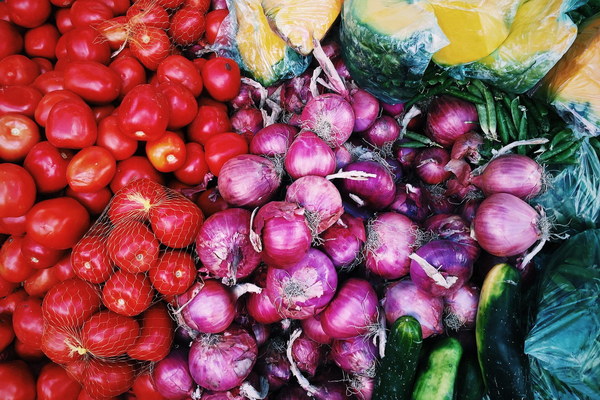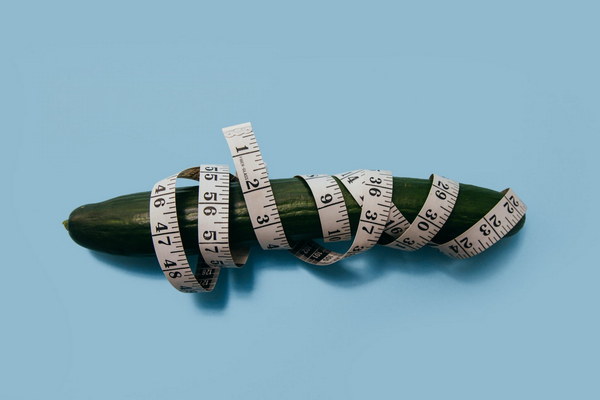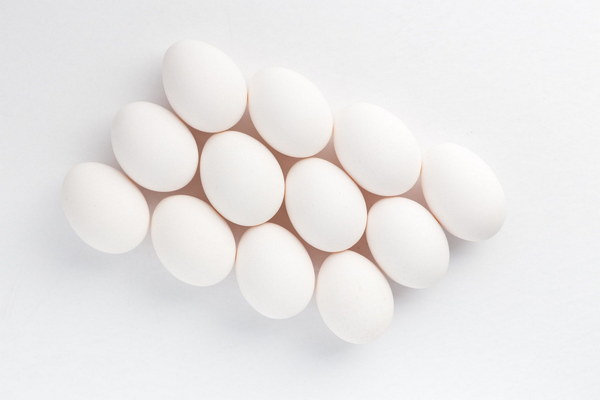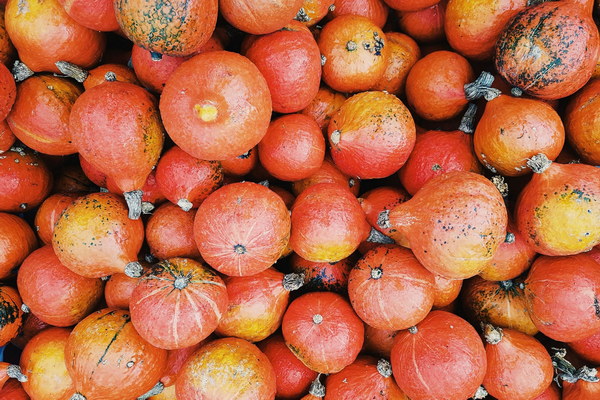Unveiling the Secrets Four Essential Dietary Rules for Kidney Health
In the pursuit of a healthy lifestyle, taking care of our kidneys should be a top priority. The kidneys play a crucial role in filtering waste and toxins from the body, maintaining fluid balance, and regulating blood pressure. Unfortunately, due to poor dietary habits and other factors, kidney health can be compromised. To ensure optimal kidney function, it's essential to follow four dietary rules that promote kidney health. Let's delve into these rules and understand how they can help you keep your kidneys in top shape.
1. Limit Protein Intake

High-protein diets can strain the kidneys, as they produce waste products that the kidneys must filter out. Therefore, it's important to consume a moderate amount of protein. The American Kidney Foundation recommends limiting protein intake to 0.8 grams per kilogram of body weight per day for individuals with healthy kidneys.
To achieve this, incorporate a variety of plant-based protein sources, such as legumes, tofu, tempeh, and edamame, into your diet. Additionally, opt for lean meats like chicken, turkey, and fish, and reduce your consumption of red meat and processed meats. By doing so, you can help alleviate the burden on your kidneys and maintain their optimal function.
2. Stay Hydrated
Proper hydration is crucial for kidney health. Adequate fluid intake helps to flush out waste products and toxins from the kidneys, preventing the formation of kidney stones and reducing the risk of kidney infections.
The recommended daily fluid intake varies depending on factors such as age, sex, climate, and activity level. However, a general guideline is to consume about 3.7 liters (125 ounces) of fluids per day for men and 2.7 liters (91 ounces) for women, including water, herbal teas, and other non-caffeinated beverages.
Remember to drink water throughout the day and avoid drinking too much alcohol or caffeine, as these can dehydrate your body and put additional stress on your kidneys.
3. Choose Low-Sodium Foods
High sodium intake is a major risk factor for kidney disease. Excess sodium can lead to high blood pressure, which is a common cause of kidney damage. To protect your kidneys, it's essential to limit your sodium intake to no more than 2,300 milligrams per day, or even less if you have kidney disease or hypertension.
To reduce sodium in your diet, opt for fresh, whole foods over processed and packaged products. Use herbs, spices, and lemon juice to add flavor to your meals instead of salt. Additionally, check food labels for hidden sources of sodium and choose low-sodium alternatives when possible.
4. Focus on Nutrient-Rich Foods
A balanced diet rich in essential nutrients can support kidney health. Incorporate a variety of fruits, vegetables, whole grains, lean proteins, and healthy fats into your meals to ensure you're getting the necessary vitamins and minerals.
Some key nutrients to focus on include:
- Potassium: Found in bananas, oranges, potatoes, and leafy greens, potassium helps regulate blood pressure and kidney function. However, it's important to consume potassium in moderation if you have kidney disease.
- Calcium: Found in dairy products, leafy greens, and fortified foods, calcium is essential for bone health and can also help reduce the risk of kidney stones.
- Magnesium: Found in almonds, avocados, and leafy greens, magnesium can help improve kidney function and reduce the risk of kidney stones.
- Omega-3 fatty acids: Found in fatty fish, flaxseeds, and chia seeds, omega-3 fatty acids have been shown to benefit kidney health.
By following these four dietary rules—limiting protein intake, staying hydrated, choosing low-sodium foods, and focusing on nutrient-rich foods—you can support kidney health and reduce the risk of kidney disease. Remember, maintaining a healthy diet is just one aspect of kidney care, so it's essential to consult with your healthcare provider for personalized advice and support.









